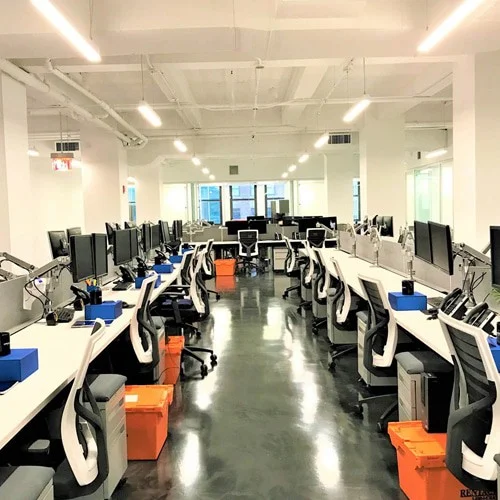
11 Jun The Importance of Involving HR in Your Decisions
’ve been in HR long enough to have seen a transition in HR’s involvement in strategic planning. When I started, it was rare for HR to be involved in the process at all, but today it’s much more common. Partly that’s because the “human” component is considered more carefully and strategically these days. The importance of the human and intellectual capital necessary to run a business has a greater impact than it did 30 to 40 years ago. In the ’60s, ’70s, and ’80s, talent was easier to find and we were in a manufacturing economy, where we produced things rather than knowledge. Clearly, that is not as true today. A company’s survival is based on the knowledge its employees have and produce, so it’s important to understand the challenges of dealing with a multigenerational, multicultural, multi-value and digital workforce. No one should know this better than HR.
NO STUPID DECISIONS
To put it bluntly, the first reason to involve HR in the strategic planning process is to avoid making stupid decisions. Let me illustrate: A company I worked for wanted to move its manufacturing plant out of California. Its new location needed to be accessible to the West Coast, but not under California’s burdensome environmental restrictions. A site for the plant was selected in the mountains of Arizona, primarily because the VP of manufacturing liked to vacation there. The company made the plans, got the financing, negotiated with the local government for infrastructure and started to build. It wasn’t until they started to put the walls up that the thought of hiring employees came to the fore, at which time they discovered there was not a large enough population base locally to staff the plant. They had to relocate about 20 employees to the Arizona mountains to open the plant. It was an expensive process that might have been avoided or at least ameliorated, if HR had been involved from the get-go.
NO ONE HAS A BETTER UNDERSTANDING OF THE “HUMAN”
With the current workforce consisting of all ages, races, nationalities, and educations, there is no other group better suited to offer advice on dealing with this than HR. Strategic decisions today must involve knowledge of the key asset called “people,” or, in financial terms, the human capital investment. Decisions about where to locate, what market to serve, or what workforce to employ should not be left to financial decision-making alone. The CEO and the CFO need to have people information to help them make these decisions. One of the ways in which this has changed from years past is that HR now has the data necessary to add to the decision-making mix. With productivity data, labor pool data, compensation data and more available, decision-makers can make better decisions.
THE TOTAL PICTURE
Today, the cultivation of talent is imperative to success. Until we start replacing people with automation on a wholesale basis, the inability to find talented employees will be a major roadblock to a company’s success. At a conference recently, I heard a panel of CEOs bemoan the dearth of sales talent in Silicon Valley. However, when HR is utilized properly, it will be able to supply data on talent availability, the future of that availability, where shortfalls may occur, and HR will be able to offer suggestions for how to handle any problems or proactively suggest solutions such as training or outreach programs.
THE FUTURE
Most CEOs and CFOs focus on the short-term future. Financial reporting on a quarterly or annual basis is the mainstay of their decision-making. They also need a Chief Human Resources Officer who is a futurist to let them know how the world of work is going to change in the next five years. With technology in the workplace continuing to change rapidly, the demands on employee training, employee reassignment, and employee development will be a critical part of the strategic planning process. How can you plan the future of your company without knowing the future of your workforce?



















